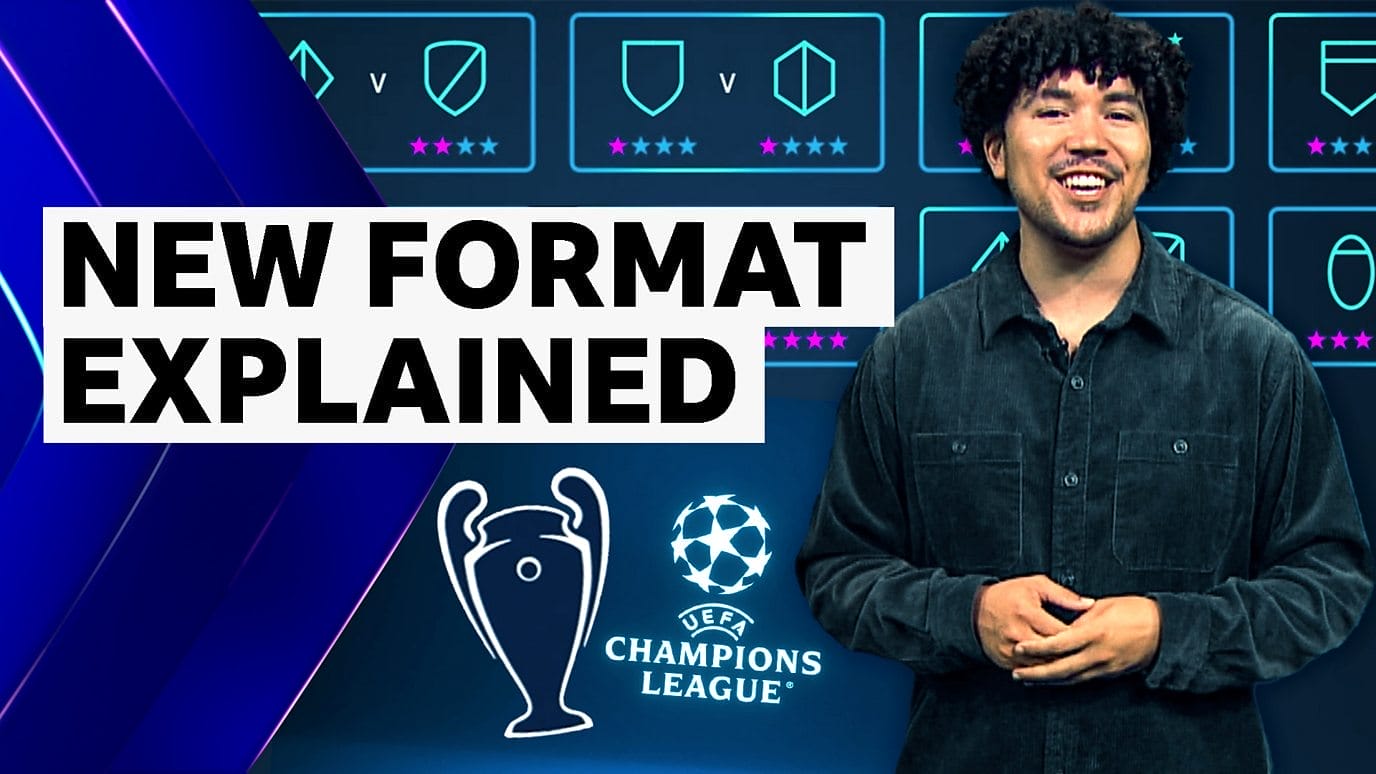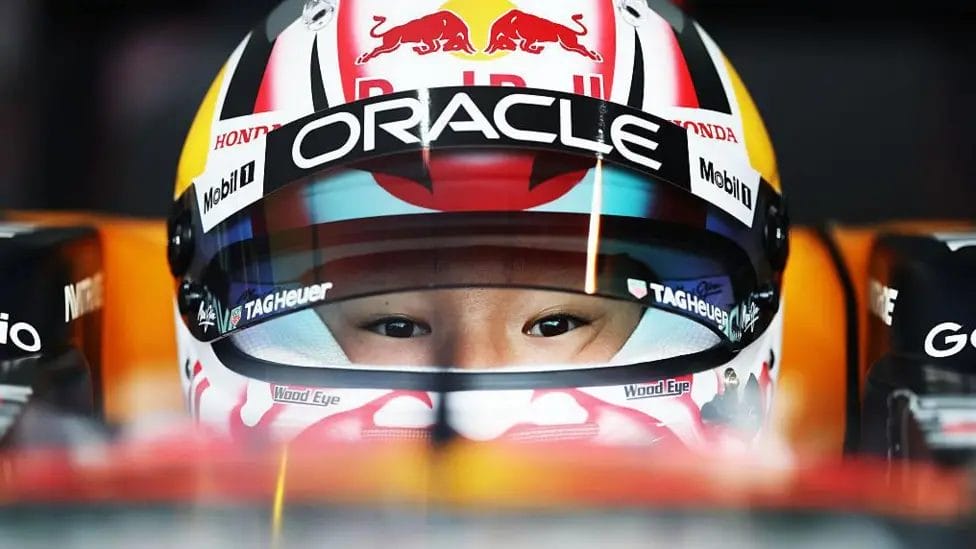
In a dramatic encounter between Liverpool and Manchester United at Anfield, Matthijs de Ligt’s handball became one of the pivotal moments of the match. Despite initial hesitation from the referee, Michael Oliver, and loud protests from the Liverpool players and fans, VAR recommended a penalty for Liverpool after a review of the incident. This decision has sparked significant discussion around the use of VAR and the interpretation of handball rules, with many focusing on the reasons behind the penalty award and the implications for De Ligt’s performance.
This article will delve into the circumstances that led to De Ligt’s penalty, explain why VAR intervened, and explore how this incident fits into the broader context of Manchester United’s performance at Anfield and their season under new manager Ruben Amorim.
The Handball Incident: What Happened?
The Handball That Sparked Controversy
The incident took place in the 67th minute of the game, with Liverpool pressing for a crucial goal in a 2-2 draw against Manchester United. Alexis Mac Allister’s header, directed toward goal, struck Matthijs de Ligt’s arm in the penalty area. While the ball made contact with his arm, initially, referee Michael Oliver decided not to award a penalty, despite strong protests from Liverpool’s players and an expectant Anfield crowd.
In real-time, it was not immediately clear whether De Ligt’s arm had been in an unnatural position or if the ball had struck him in a way that warranted a penalty. Oliver, choosing to rely on his initial judgment, waved play on. However, this was not the end of the story. VAR officials, after reviewing the situation, advised Oliver to consult the pitch-side monitor. Upon closer inspection, Oliver reversed his decision, and a penalty was awarded to Liverpool. Mohamed Salah stepped up and successfully converted the spot-kick, despite Andre Onana’s attempt to save it.
Why Was a Penalty Given?
The key reason for the penalty decision revolves around the concept of the “unnatural position” of De Ligt’s arm. According to the Premier League, VAR recommended that the on-field referee review the incident because De Ligt’s arm was raised in an unnatural position, making the contact more likely to be considered a handball under the laws of the game.
The Premier League’s official statement on social media provided further clarification, stating:
“#LIVMUN – 67’ VAR OVERTURN. VAR recommended an on-field review for a possible handball by De Ligt, deeming that his arm was raised in an unnatural position. Upon review, the referee overturned his original call of no penalty.”
The Role of VAR in Handball Decisions
VAR has played a crucial role in clarifying contentious decisions in recent years, and this incident is a perfect example of how the technology can intervene to ensure the correct decision is made. The introduction of VAR was intended to reduce clear and obvious errors made by referees during live matches, particularly in situations like handballs, offside calls, and penalty decisions.
The application of VAR in the De Ligt incident is in line with how the technology is meant to work. Although the initial decision was not to award a penalty, the VAR officials deemed it necessary to conduct a review because the ball had struck De Ligt’s arm, which was raised in a position that could be interpreted as unnatural. In such cases, VAR’s role is to ensure that the on-field referee has all the information needed to make the correct decision. Referees are encouraged to review key moments like this at the pitch-side monitor, which is what ultimately led to the penalty being awarded.
Gary Neville’s View on the Handball
Sky Sports commentator Gary Neville provided an insightful take on the incident during the match. “I think his hand is high. I think he could be in trouble is my initial reaction,” Neville said during the game. He added: “As soon as your arm is high like that in the box, you are asking for big trouble. Why is his hand there? I don’t know why his hand is there at all.”
Neville’s reaction reflects a common sentiment regarding handball decisions in football: when a player’s arm is raised in an unnatural position in the penalty box, they are often seen as inviting trouble. In this case, De Ligt’s arm appeared to be in a position that could be deemed unnatural, thus making the decision to award a penalty easier to justify upon review.
Matthijs de Ligt’s Start to Life at Manchester United
An Up-and-Down Start for De Ligt
Matthijs de Ligt’s start to life at Manchester United has been far from smooth, and the handball incident at Anfield added another blemish to what has already been an up-and-down spell at the club. Signed in the summer to bolster United’s defensive options, De Ligt’s performances have been inconsistent. While he has shown glimpses of his quality, the Dutchman has also had moments where his decision-making and positioning have been called into question.
De Ligt’s early performances have been part of a broader struggle for United under new manager Ruben Amorim. The Red Devils have faced challenges in both defensive and offensive departments, with injuries and a lack of cohesion affecting their overall play. Despite these struggles, Amorim’s arrival has brought a sense of organization and structure to the team, and De Ligt has been a key part of the defensive unit. However, incidents like the handball against Liverpool highlight the ongoing adjustments that the 25-year-old must make in order to become a consistent and reliable presence in United’s backline.
A Moment to Forget for De Ligt
The handball penalty is undoubtedly a moment De Ligt will want to forget. It is the kind of mistake that can undermine a player’s confidence, especially when playing for a club with the stature and expectations of Manchester United. However, it is important to remember that De Ligt is still relatively young and has plenty of time to adapt to the Premier League. Mistakes are part of the learning process, and De Ligt will need to take this experience in stride as he continues to adjust to life in England.
For United, the penalty decision was a setback in what was an otherwise solid defensive display against Liverpool. The team worked hard to contain Liverpool’s attacking threat, and despite some shaky moments, they managed to secure a valuable point in what was a fiercely contested derby.
Manchester United’s Performance at Anfield
A Much-Improved Display from United
Despite the controversy surrounding the penalty, Manchester United’s overall performance at Anfield was encouraging. The Red Devils were much more organized and assured in possession, with midfielders Manuel Ugarte and Kobbie Mainoo putting in strong performances to counter Liverpool’s midfield trio of Alexis Mac Allister, Curtis Jones, and Ryan Gravenberch. This balance in midfield provided United with the necessary stability to compete effectively against one of the most dynamic midfields in the league.
Captain Bruno Fernandes was another standout performer, contributing significantly to United’s overall play. His leadership and vision on the ball were crucial in helping United maintain control and avoid being overrun by Liverpool’s attacking waves. Fernandes’ performance was one of the best he has delivered this season, showing signs that United may have better days ahead after a difficult start under Amorim.
A Vital Point for United
The 2-2 draw at Anfield was a vital point for Manchester United, who have been struggling in the Premier League this season. The result saw them leapfrog West Ham into 13th place, but they remain some way adrift of European qualification. While the point may not have been enough to significantly improve their league position, it was a positive sign of United’s resilience and potential under Amorim.
For United fans, the performance against Liverpool could be a turning point. The team demonstrated more structure and fight, qualities that had been lacking in previous games. If United can continue to build on this foundation, there is hope that they can climb the table and challenge for a place in European competition.
Conclusion: The De Ligt Handball Incident and United’s Long-Term Prospects
The handball decision that led to Liverpool’s penalty against Matthijs de Ligt was a controversial and pivotal moment in the 2-2 draw between Manchester United and Liverpool. VAR’s intervention was crucial in ensuring the correct decision was made, with the penalty awarded after De Ligt’s arm was deemed to be in an unnatural position. While the decision was unpopular with some, it highlighted the growing importance of VAR in ensuring fairness and consistency in officiating.
For De Ligt, the incident serves as a reminder of the fine margins in top-level football and the importance of adapting quickly to the demands of the Premier League. For Manchester United, the draw against Liverpool was an encouraging sign of improvement, with the team looking more organized and assured than in previous weeks. Despite De Ligt’s error, the overall performance suggests that United could be heading in the right direction under Ruben Amorim, and with further improvements, they may yet challenge for European spots by the end of the season.








